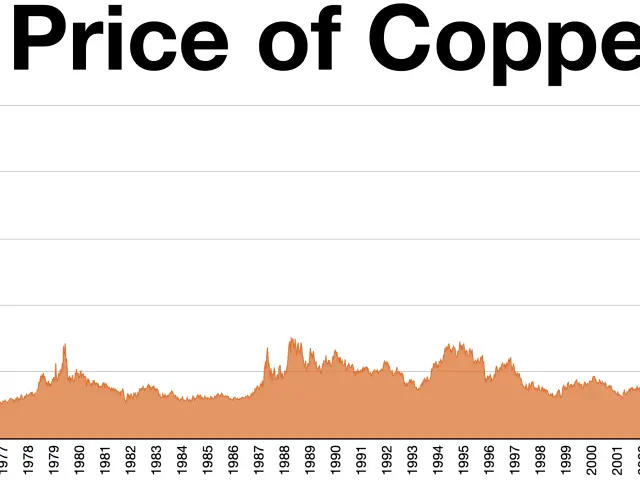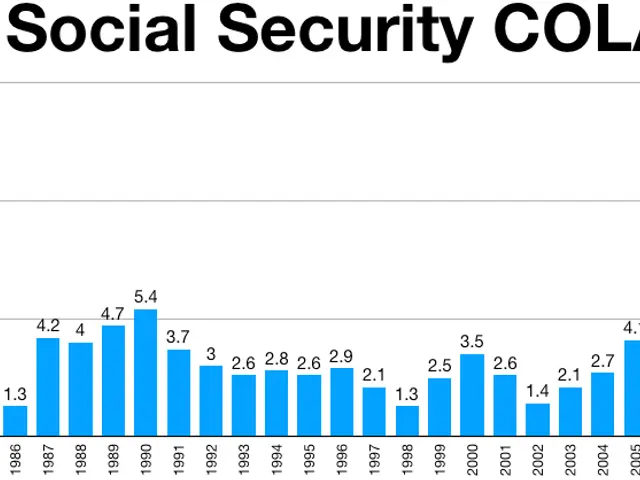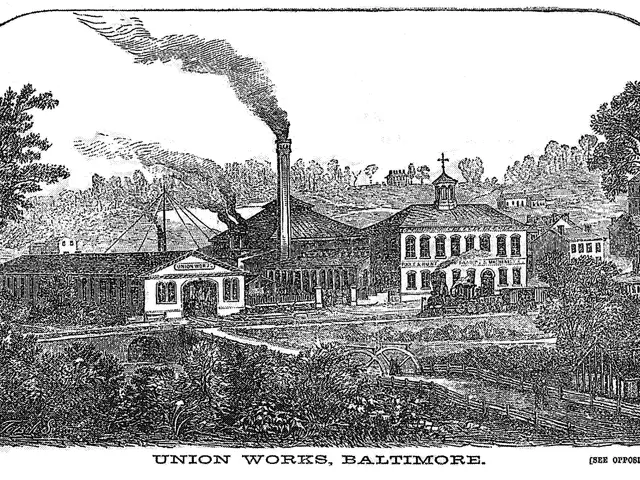Preparing for Later Years: A 2024 Guide
News Article: Planning and Preparing for Later Life (PPLL) Survey Highlights Gaps in Retirement Income and Preparation
The Planning and Preparing for Later Life (PPLL) survey, commissioned by the Department for Work and Pensions (DWP), has revealed significant gaps between retirement income aspirations and the income provided by the State Pension, shedding light on the need for improved pension policies and strategies in Great Britain.
Conducted from 2020 to 2021, the second wave of the PPLL survey gathered data from a nationally representative sample of 4,036 adults aged 40 to 75 in Great Britain. The survey aimed to understand attitudes and behaviors around pension saving and planning for later life, provide evidence for policy development around income adequacy in retirement, gather evidence on attitudes and knowledge about the State Pension system, and assess the value consumers place on DWP products and policies.
The survey results have far-reaching implications for the Pensions Commission's work on pension-related policies and strategies. One of the key findings is a significant gap between retirement income aspirations and the income provided by the State Pension. Retirees and pre-retirees expect to need approximately £30,525 annually in retirement, but the current State Pension provides only £11,973, leaving an average shortfall of approximately £18,552 per year to be covered by additional pensions, savings, or benefits.
Around 27% of respondents expect the State Pension to provide over 70% of their retirement income, and 15% expect it to cover more than 90%, which is generally unrealistic given current pension structures. More than a quarter (26%) of retirees feel financially worse off than expected, highlighting concerns over retirement income adequacy.
The data also shows declining confidence among people about achieving their desired standard of living in retirement and indicates that 43% of working-age individuals are undersaving relative to their retirement income targets. The findings stress the need for improved pension communication, tailored support at retirement, and a rethink of trustee roles beyond simple asset management to actively enabling better retirement outcomes.
Overall, the PPLL survey provides crucial evidence for UK pension policy by highlighting gaps in retirement income expectations versus reality, underscoring widespread under-preparation, and emphasizing the importance of improving public understanding and support structures around pensions and retirement planning. The survey's findings will be of importance to the Pensions Commission and could potentially lead to policy changes aimed at addressing these concerns.
The survey suggests a significant gap between expected retirement income and the amount provided by the State Pension, emphasizing the need for improved wealth-management strategies and personal-finance planning. With many retirees expecting the State Pension to cover a larger portion of their retirement income than it currently does, there is a clear need for better pension policies and strategies in Great Britain, particularly in wealth-management and personal-finance sectors.






